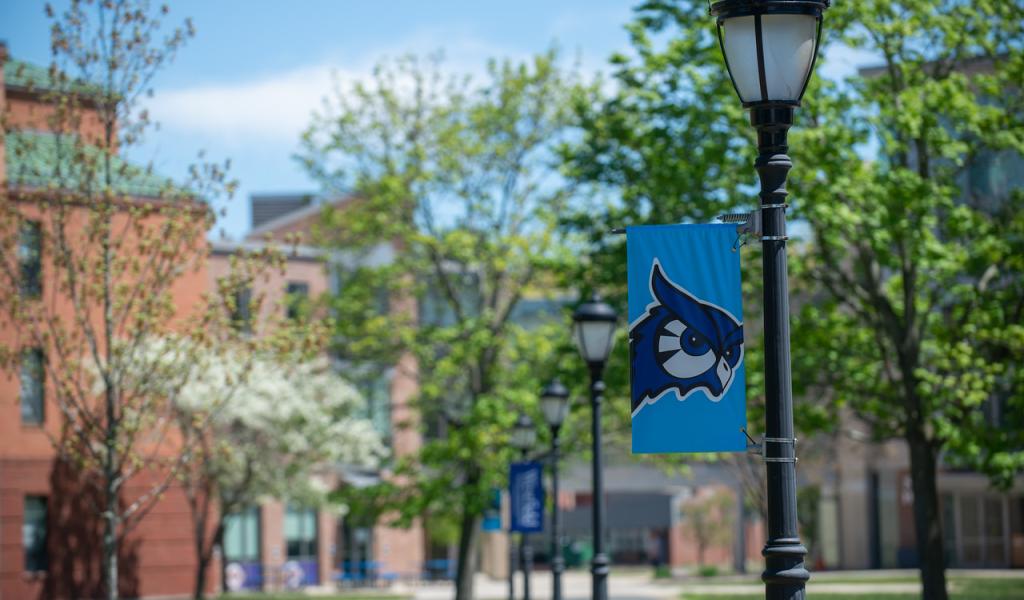
Advising
Department-level forms that require only a chair’s signature will remain the same:
- Change of Major
- Declaration of Minor
For forms that require a Dean’s signature, please see changes below.
Whom do I contact if I am concerned about a student?
If a student is demonstrating a behavior that impacts his/her performance in a class, please contact your department chair. The chair will then decide if the issue is best managed by Student Affairs (chair contacts Dean of Students) or Academic Affairs (chair contacts College Dean) to determine the appropriate intervention measures.
Where do I go to support a day undergraduate student who is appealing an academic dismissal?
The Registrar serves as the chair of the Academic Standing Committee. Questions regarding academic dismissal for all undergraduate students should be forwarded to the Registrar or Dean. The academic dismissal process for graduate students will be overseen by the appropriate Dean.
Who signs academic forms for “day” undergraduates?
If any forms remain that required the signature of the Dean of Undergraduate Studies, they will now be signed by the College Dean, including the following:
- Grade change
- Independent study
- Late withdrawal
- Grade appeals
- Academic dishonesty
- Application for Enrollment Over 18 Credits
Please note that the Assistant Provost will sign:
- Curriculum Substitution Forms (for Core Substitution)
Who signs forms for Continuing Education undergraduates?
All approval processes follow those of the day division.
In which college are the exploratory (UND) students housed?
There are several types of exploratory/undeclared students. Exploratory/Undeclared students who have not indicated any specific disciplinary interest on their admissions application will be housed in the Sociology, Hispanic, Liberal, and Interdisciplinary Studies Department. A student who has indicated multiple disciplinary interests on his/her admissions application will be housed in the college that is closest to his/her primary academic interest.
A student may be undeclared because he/she is not accepted into his/her first choice major. These students will be assigned to a college on a case-by-case basis. For example, a student who is not accepted into a major in which students are allowed to transfer later may be placed into the college of first choice major and monitored for progress. Students who will not be able to transfer into the first major of choice, having been declined admission initially, will be placed in a college that reflects his/her second choice or related major.
If the student is a double-major in two different colleges, who is their dean?
If the student is a double-major in two different colleges, they will report to both Deans.
